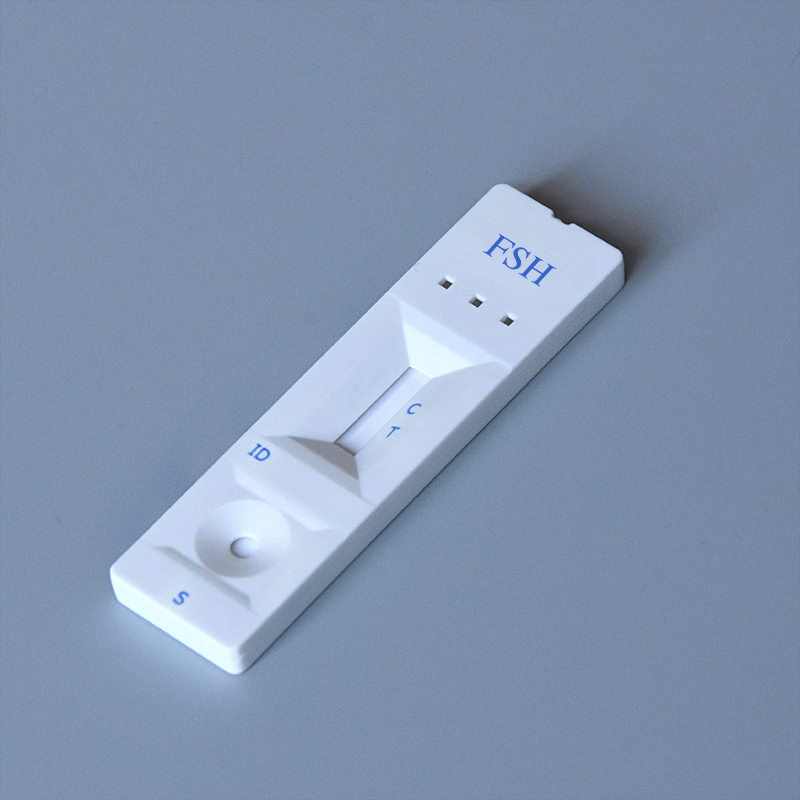8 月 . 18, 2024 00:12 Back to list
Suppliers for Treponema Pallidum Diagnosis and Testing Methods
Treponema Pallidum Diagnosis Suppliers Ensuring Accurate Syphilis Testing
Treponema pallidum, the bacterium responsible for syphilis, poses significant public health challenges across the globe. With rising incidences of syphilis infections, accurate and reliable diagnostic tools are essential for controlling and managing this sexually transmitted infection (STI). Various suppliers specialize in providing diagnostics for Treponema pallidum, ranging from traditional serological tests to advanced molecular techniques. This article explores the types of suppliers, technologies available, and the importance of accurate diagnostics in combating syphilis.
Types of Diagnostic Suppliers
The suppliers of Treponema pallidum diagnostic tests can be categorized into several types, each contributing to the testing ecosystem. First, there are established biotechnology companies that develop and manufacture serological and molecular diagnostic kits. These companies invest heavily in research and development to ensure that their products adhere to the highest standards of accuracy and reliability.
Moreover, diagnostic laboratory service providers play a significant role in the ecosystem. They offer comprehensive testing services, interpreting results, and providing clinical support for healthcare providers. These laboratories might utilize a combination of tests from various suppliers to provide the most accurate diagnoses.
Additionally, emerging startups and innovative companies are increasingly entering the market, offering point-of-care testing (POCT) solutions that enable rapid diagnosis of syphilis with minimal infrastructure. These innovations can significantly enhance access to testing, especially in low-resource settings, where traditional laboratory diagnostics may not be readily available.
Testing Technologies Available
treponema pallidum diagnosis suppliers

Treponema pallidum diagnostic tests can be broadly classified into two categories non-treponemal tests (NTTs) and treponemal tests (TTs). Non-treponemal tests, such as the Rapid Plasma Reagin (RPR) and Venereal Disease Research Laboratory (VDRL) tests, detect the presence of antibodies produced in response to cellular damage caused by the infection. These tests are often used for screening due to their simplicity and cost-effectiveness.
On the other hand, treponemal tests directly detect antibodies against Treponema pallidum itself, offering higher specificity. Tests such as the Enzyme Immunoassay (EIA) and the Fluorescent Treponemal Antibody Absorption (FTA-ABS) test fall into this category. Because these tests can remain positive long after treatment, they are often used to confirm a diagnosis made by non-treponemal tests.
In recent years, molecular diagnostic techniques, specifically nucleic acid amplification tests (NAATs), have emerged as a powerful tool for detecting Treponema pallidum. These methods enhance sensitivity and specificity, making them a promising avenue for future syphilis diagnostics.
Importance of Accurate Diagnostics
Accurate diagnosis of Treponema pallidum is crucial for effective disease management. Timely and correct detection not only aids in the treatment of the patient but also helps prevent the transmission of syphilis to partners. Furthermore, early intervention can minimize long-term health complications associated with untreated syphilis, such as cardiovascular and neurological disorders.
Moreover, accurate diagnostics play a vital role in public health surveillance and research. Understanding the incidence and prevalence of syphilis infections within a population is essential for developing targeted interventions and allocating resources effectively.
In conclusion, various suppliers in the market are dedicated to providing diagnostic solutions for Treponema pallidum, employing a mix of traditional and innovative technologies. As syphilis continues to be a public health concern, the availability and accessibility of accurate diagnostics will remain crucial for controlling the infection’s spread and ensuring the health and well-being of affected individuals and communities. The collaboration between suppliers, healthcare providers, and public health initiatives will be key to tackling the challenges posed by this ancient yet persistent infection.
-
Early Pregnancy Test Kits Accurate & Fast Results Bulk Order Now
NewsMay.30,2025
-
Buy OPK Tests for Pregnancy Detection Bulk Supplier Discounts
NewsMay.30,2025
-
Buy OPK Tests for Pregnancy Detection Bulk Supplier Discounts
NewsMay.30,2025
-
Best At Home H Pylori Test Kits Accurate, Fast & FDA-Certified
NewsMay.29,2025
-
Accurate Syphilis Test Kits Trusted Suppliers & Manufacturers
NewsMay.29,2025
-
Wholesale Stool Occult Blood Test Kits Bulk Supplier Pricing
NewsMay.29,2025

